
Stay on top of Current Trends
Stay up to date with the latest learning technology research, events and funding opportunities.
We will collect, use and protect your data according to our privacy policy.
Learnovate members benefit from access to our extensive research programme, which is shaped by our world-class industry and research partners. A selection of research projects undertaken by Learnovate in partnership with industry are provided below. Members can log into Member Connect to access Learnovate’s research. To join our global network of organisations interested in the future of work and learning, become a member today.

While technology is a key enabler, providing us with the potential to realise such authentic learning experiences, the appropriate application of those technologies in innovative ways that aligns with and enhances educational best practice lies at the heart of this research.
User onboarding is the process of educating new users on how to best use a new technology to solve their problems and satisfy their needs. This report looks to identify how users engage with these types of tools and how they learn to use them, including where they go for guidance and support.
From a learning perspective, metacognition is a powerful tool since research has consistently shown that developing metacognitive learning skills makes learning more effective and efficient while also improving learning outcomes.
As GenAI continues to be developed it is worth considering what the real benefits are to the learner and user experience. In this short article, we will explore the use of point-of-need learning and ask how this learning experience could be made more authentic, reliable and valuable to the learner?
This research work uses a case study with an eye on this still prominent problem. The question is now how to interrogate the current new technology, Generative AI, into classroom practices and see the opportunities and challenges that it presents.
The potential for Artificial Intelligence (AI) to have a significant impact has been a topic of discussion for many years. Generally, the focus tended to be on the automation of repetitive or manual tasks where a machine could be ‘trained’ to replicate the performance of a human.
The DIALS (Democratic Inclusive & Authentic Assessment for Learning & Sustainability) research has begun with a focus on authentic assessment in K-12 schools; how the process can provide an engaging experience for both students and teachers, and can harness wellbeing and a love of learning.
The assessment of 21st Century (transversal) skills is an active area of research at Learnovate with several past projects investigating the use of self assessment (Skilltrack, Assessmake21) and peer assessment (Feedback, DEVELOP) in schools, higher education and corporate learning environments. More recently we have had the opportunity to take an initial look at the challenges faced in higher and further education and conceptualise potential solutions that address the specific needs of this sector.
The experience of the sudden shift to online, remote or hybrid education in K-12 as a result of the pandemic, led Gates Ventures to ask what the most effective ways to engage teachers with online Communities of Practice (CoP) are.
The past year has seen the adoption of remote working and learning on an unprecedented scale. For some organisations this has been an opportunity to experiment with new approaches, new methodologies and new technologies for learning and development.
The relationship between wellbeing and learning and its importance for the future of work is an integral part of Learnovate’s evolving research agenda. We have seen a growing interest in the area through our interactions with industry leaders. Through our research we aim to understand how wellbeing impacts employees and their learning, and how companies can foster employee wellbeing.
This project explores the best practices relating to the Onboarding process of integrating a new employee into a business and ensuring they are providing value to the business as early as possible.
At a workshop on the most pressing challenges for Learning and Development professionals, the issue of most concern was the need for corporate Learning and Development (L&D) to show business value to senior leadership and the participants’ current lack of insight into how to achieve this goal.
In order to develop a culture of safety within an organisation, behaviour change in employees must be considered. It has been proven, with the statistics on health and safety incidents at work, that traditional training interventions, classroom-based or online learning, are insufficient in promoting the behaviour change necessary to ensure all employees are working in a safe manner at all times.
This xAPI project was based on feedback from our industry partners that there is an emerging requirement to track disparate learning experiences that take place across the board, through both online and offline experiences.
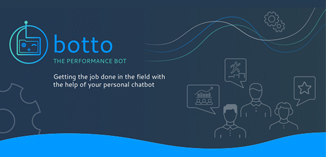
Access to the right information at the right time can be the key to getting the job done effectively and efficiently. This has never been more true than in our modern world where the powerful systems that we work with are getting ever more complex whether they’re business processes, software or devices.
iLearn is an immersive learning environment designed to develop and assess problem solving and collaboration skills through task-based learning. Problem solving and collaboration have been identified as key 21st century workforce skills but there is uncertainty amongst trainers and educators as to how to leverage technology to develop and assess these complex skills.
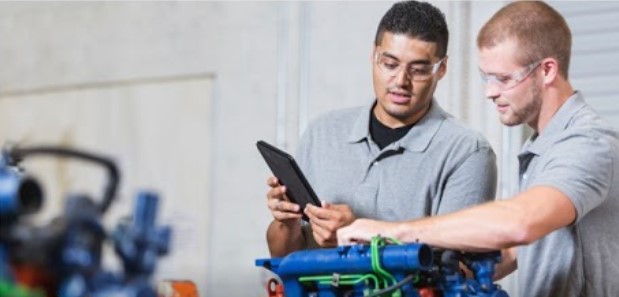
An organisation’s employees can embody a vast wealth of tacit knowledge that is vital for success, information about processes, techniques and tools that might not be available anywhere else in the organisation but plays a fundamental role in getting the job done and doing it well. This know-how can often exists in isolated pockets within the organisation and can be challenging to capture, share and access.
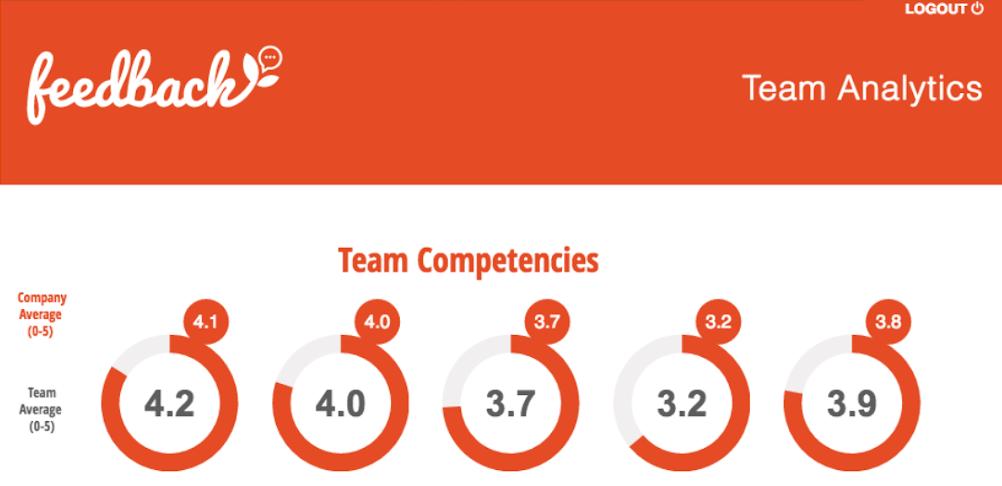
Our mobile peer feedback app offers an agile peer feedback process that allows for continuous formative peer assessment of transversal competencies based on near to real time on-the- job performance.
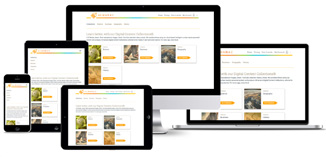
ALMANAC for Schools is a multimodal adaptive learning framework designed to provide learners with an engaging and intuitive learning experience incorporating a rich blend of multimedia including textual content, images, videos and animations.

ALMANAC is a multimodal software framework designed to provide learners with an engaging and intuitive learning experience incorporating a rich blend of multimedia including textual content, images, videos and animations. ALMANAC provides the learner with access to tailored learning experiences that are dynamically generated based on the learner’s immediate learning needs.
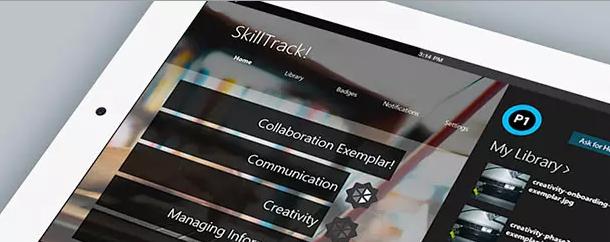
SkillTrack! is a learning application that supports the practice, development and self-assessment of 21st Century or Transversal Skills (e.g. collaboration, communication, creativity, problem-solving) in schools, higher education or the corporate space by bringing together innovative pedagogy and supportive technology.
This report investigates applying machine learning to HR and LMS data to help solves challenges in data analytics and reporting, personalisation and recommendation, chatbots and virtual assistants, assessment and feedback.
This report identifies and develops an atlas of teachers’ jobs to be done (JTBD) to help EdTech suppliers create a roadmap of what jobs teachers are trying to achieve as well as the drivers and associated pain points of each job.

The report explores Blockchain and investigates three of the most prominent platforms developed using Blockchain: Bitcoin, Ethereum and Ripple. The report provides a high-level proposal to implement a consent management solution using Blockchain technology.
This reports provides an analysis of educational apps available in Apple’s App Store over a five-year span including pricing, age ratings, languages and publisher information.
This report explores the rapidly expanding market of early childhood digital game-based learning and investigates the effectiveness of games published for children aged three to six.
This report explores whether gamification – applying game mechanics to non-gaming environments – can improve engagement and motivation and influence the behaviours of learners.

Stay up to date with the latest learning technology research, events and funding opportunities.
We will collect, use and protect your data according to our privacy policy.
Unit 28
Trinity Technology & Enterprise Campus
Pearse Street
Dublin 2
D02 N638
Ireland.
Tel. +353 1 8964910
Email: info@learnovatecentre.org
